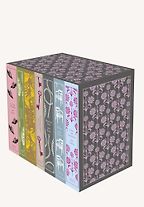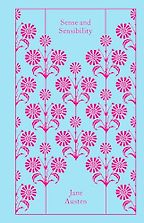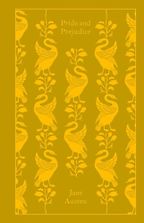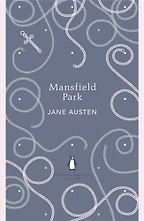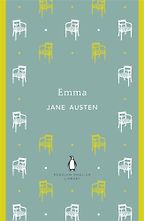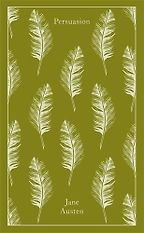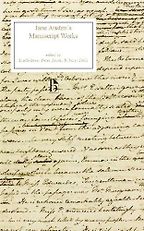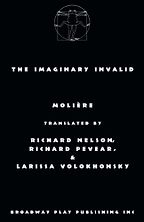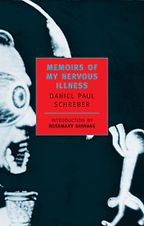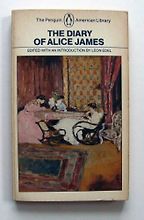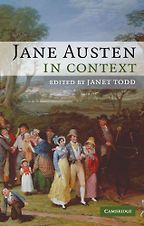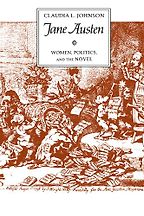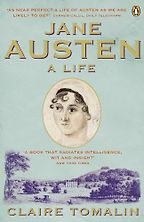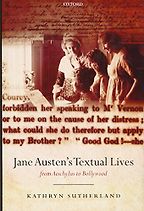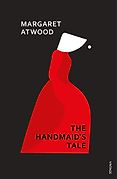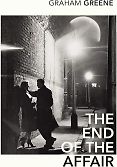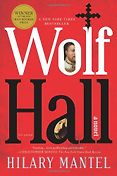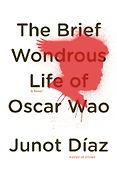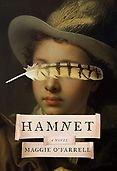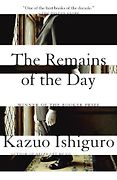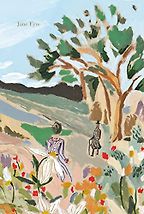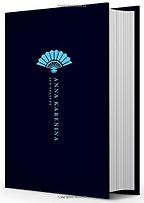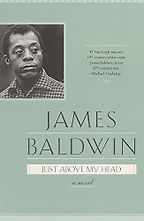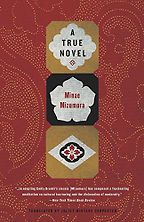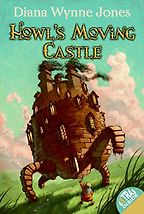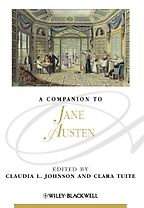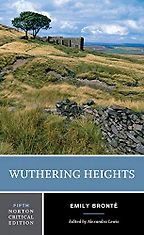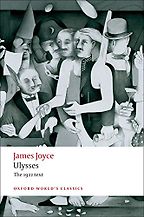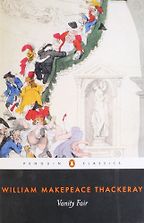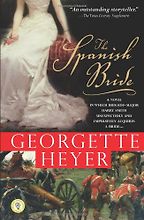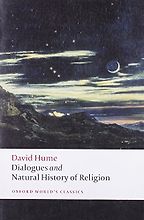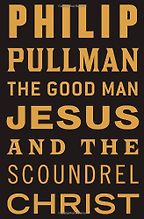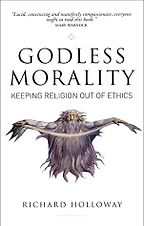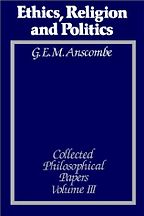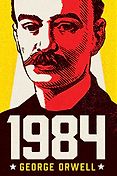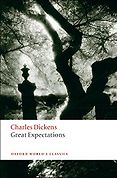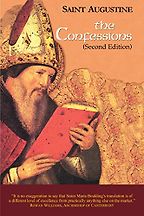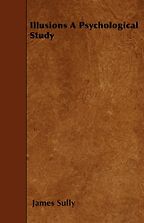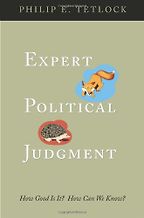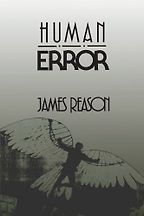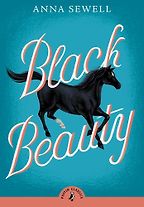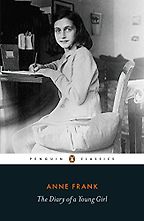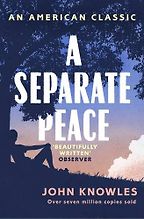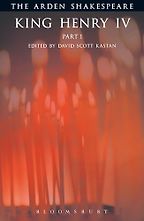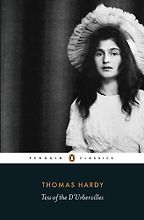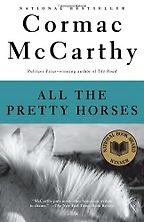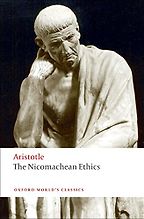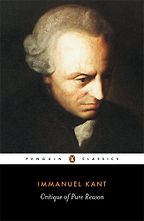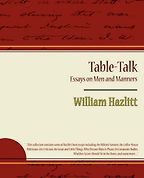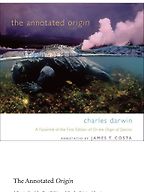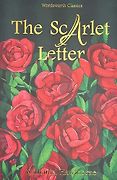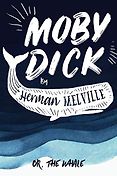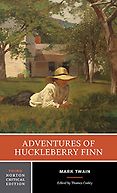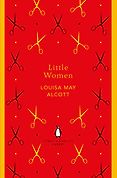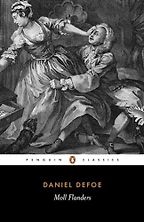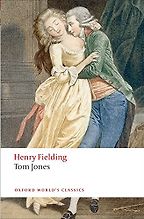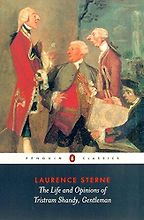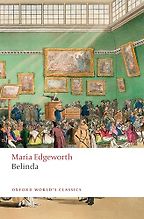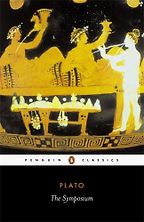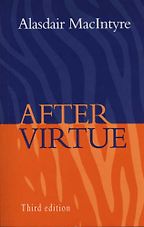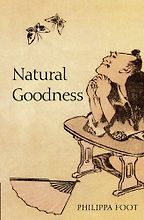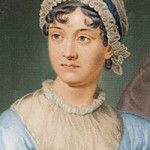
Books by Jane Austen
Jane Austen (1775-1817) only published four novels in her lifetime, but the stories still resonate today with countless screen adaptations, modern retellings and a multitude of recommendations on Five Books.
“If you’ve caught the Austen bug, all six of her completed novels are also available as a boxset in Penguin Clothbound editions (plus one volume of her teenage writings, Love and Friendship—spelled ‘freindship’ by the young Jane” Read more...
“I started off with a sense of Sense and Sensibility as a rather stereotypical novel – very much like a lot of 18th century novels that I’ve read. There is a good sister and a bad sister, and the bad sister gets reformed and everybody lives happily ever after. But as I kept rereading it, I started to realise that it is actually a very dark novel, probably the darkest of Jane Austen’s novels.” Read more...
Patricia Meyer Spacks, Literary Scholar
Pride and Prejudice (Book)
by Jane Austen
Pride and Prejudice was published more than 200 years ago, in 1813, but the book still speaks to us across the centuries. Written by Jane Austen when she was only 20, its original title was First Impressions. Like many great books, it was initially rejected by publishers and did not appear till years later, now under the title we know it by, Pride and Prejudice. By then, Austen had already had commercial success with Sense and Sensibility, a novel that also compares and contrasts two characters with the qualities (flaws) signalled in the title of the book.
“it is a highly moralistic novel. Fanny Price, the heroine, whom many people find rather tiresome, is a highly moral and articulate character and one of the things that intrigues me so much is that Jane Austen at the beginning of the 19th century had the correct view that you can’t be morally involved unless you feel strongly that some things are good and some things are bad.” Read more...
The best books on Morality Without God
Mary Warnock, Philosopher
“You’ve got to have Jane Austen. She’s the first serious novelist. She is treating the novel in a way that we understand and creating an art form. I chose Emma. It would have been easier to choose Pride and Prejudice because it’s everyone’s favourite—it tops polls regularly. But if you want something a little bit more considered… It’s the most mature of the seven” Read more...
Robert McCrum, Journalist
“Persuasion is really the best of the Jane Austen books. As many people have pointed out, it’s different in tone from any of the others. It makes you realise that Austen was writing in the early 19th century, right along with people like Wordsworth and Coleridge, and that she was capable of having and expressing the same kinds of feeling. It’s a real love story, all the way through. You really feel it’s a romantic story – both with a small r and a big R – in which you’re rooting for the lovers to get together from beginning to end. “ Read more...
Patricia Meyer Spacks, Literary Scholar
“If you’ve exhausted the novels then Manuscript Works is one-stop shopping for everything else by Austen that’s interesting.” Read more...
Devoney Looser, Literary Scholar
Sanditon
by Jane Austen
Sanditon is the book Jane Austen was writing the year she died and never finished. In Sanditon, the turns of phrase and wry observation of human behaviour are distinctly Jane Austen, but that's about it. As Oxford professor Kathryn Sutherland writes in her introduction to the book, "Only one paragraph in, we know that Sanditon will be unlike any other novel Austen wrote."
Sanditon is the name of a fictional seaside resort, and even without the rest of the book, we can guess how it would end, with overly optimistic investors in the late 18th century sea-bathing craze losing all their money. Sadly though, Sanditon ends after just 70 pages. It's by no means a satisfying read and it's too short to develop sympathy with a main character, but if you love Jane Austen books, it's still a pleasure to be with her one last time, looking out at the world.
Another important reason for reading Sanditon is pointed out by Devoney Looser, a professor at Arizona State University and author of The Making of Jane Austen, in her interview on 'The Alternative Jane Austen.' She talks about how incredibly moving is is to read Jane Austen's writing at a time she was dying: Sanditon "deals with illness, hypochondria, and some things that you can see must have been incredibly hard for her to mull over and write about – and make jokes about – while she herself was not well." Austen stopped writing in March 1817, and died July 18th.
Sanditon has already been adapted for television by Andrew Davies (writer of the iconic Pride and Prejudice adaptation starring Jennifer Ehle and Colin Firth). To speak of artistic license would be an understatement, but watching it is still a lot of fun.
Interviews where books by Jane Austen were recommended
The best books on Hypochondria, recommended by Caroline Crampton
Author Caroline Crampton was diagnosed with Hodgkin’s lymphoma as a teenager. She recovered, but ever since she has suffered from health anxiety—what you might call ‘hypochondria.’ Here, she recommends five of the best books on hypochondria, from memoirs by sufferers to Jane Austen’s final, caustic novel.
The Alternative Jane Austen, recommended by Devoney Looser
Thanks to her ability to be many things to many people at once, Jane Austen is one of the vast minority of writers who manage to be both eternally popular and canonical. Here, Austen scholar Devoney ‘Stone Cold Jane’ Looser presents alternative Austens, from subversive youngster to video-game heroine
Great Actors Read Great Novels
If you enjoy listening to books as audiobooks, it’s a great time to be alive. From Rosamund Pike narrating Pride and Prejudice, Jeremy Irons reading Lolita to Meryl Streep telling the story of Heartburn, many prominent actors have signed up for performing their favourite books in unabridged versions.
Five Beautiful Editions of Classic Novels
Some of the best novels ever written are also available in beautiful editions. Here we’ve selected five of our favourites, from the Jane Austen novel that many critics consider her best work to the novel of small-town provincial life that is highly rated by many philosophers.
The Best Love Stories, recommended by Jenny Davidson
From Jane Austen to James Baldwin, the best love stories in literature recommended by Jenny Davidson, novelist, historian and Professor of English and Comparative Literature at Columbia University.
The Best Jane Austen Books, recommended by Patricia Meyer Spacks
Jane Austen was a British novelist who died in 1817 at the age of just 41, but whose books have stood the test of time. In the 21st century, her novels continue to be not only studied in school but also read for pleasure. We asked the distinguished Austen scholar Patricia Meyer Spacks to talk us through the best Jane Austen novels and explain what it is that makes them special.
The Best Novels in English, recommended by Robert McCrum
Journalist Robert McCrum spent two years selecting the best novels ever written in English. Here he narrows it down to just five: a perfect introduction to the best fiction the English language has to offer.
The Best Regency Novels, recommended by Stella Tillyard
Bestselling novelist and historian Stella Tillyard says the 19th century Regency era was, apart from the duels and empire-line dresses, much like our own – a time of war and economic uncertainty.
The best books on Morality Without God, recommended by Mary Warnock
Which comes first, morality or religion? And what happens when religious dogma clashes with the morality it purports to uphold? British philosopher Mary Warnock recommends the best books on morality without God.
Ten Classic British Novels
Since Five Books was set up in 2009, we’ve interviewed more than 2,000 experts on all manner of subjects. Here’s our roundup of the ten classic British novels that have been recommended most often, starting with Middlemarch, described by Virginia Woolf as “one of the few English novels written for grownup people”.
The best books on Wrongness, recommended by Kathryn Schulz
The award-winning journalist and the world’s leading Wrongologist discusses human error and selects five books on wrongness in both public life and literature
Books that Changed the World, recommended by Amanda Craig
Jane Eyre, 1984 and Anne Frank’s diary all make it onto novelist Amanda Craig’s list of books that changed the world. On Black Beauty‘s underrated importance: ‘People forget that William Wilberforce, who abolished the slave trade, also founded the RSPCA.’
The best books on Coming of Age, recommended by Meg Rosoff
The award-winning novelist Meg Rosoff talks about coming-of-age tales, highlighting the wonder of the moment when adolescents find the world suddenly coming into focus.
The best books on Ideas that Matter, recommended by A C Grayling
In the 18th and 19th centuries, intellectuals engaged in the ‘great conversation,’ a debate about ideas, politics, and beliefs, says British philosopher A C Grayling, author of Ideas That Matter. He picks out five books on ideas about how we live our lives and how we view the world, from Aristotle to Charles Darwin.
Public Domain Books
Public domain books are books on which the copyright has expired, which means they are often available for free on the internet. Copyright rules vary by country, but some of the classics of literature were written more than a century ago and are now in the public domain.
The Best 18th-Century Novels, recommended by Sophie Gee
There’s nothing in modern works of fiction that wasn’t already there in the great novels of the 18th century, argues Sophie Gee, a professor of English at Princeton University and co-host of the Secret Life of Books podcast. She talks us through five of her favourites, from the irrepressible Moll Flanders to the melancholic beauty of Sense and Sensibility.
The best books on Virtue, recommended by Edward Skidelsky
British philosopher Edward Skidelsky tells us about virtue from Plato to the modern day, and says Jane Austen got it right when she wrote about passion
